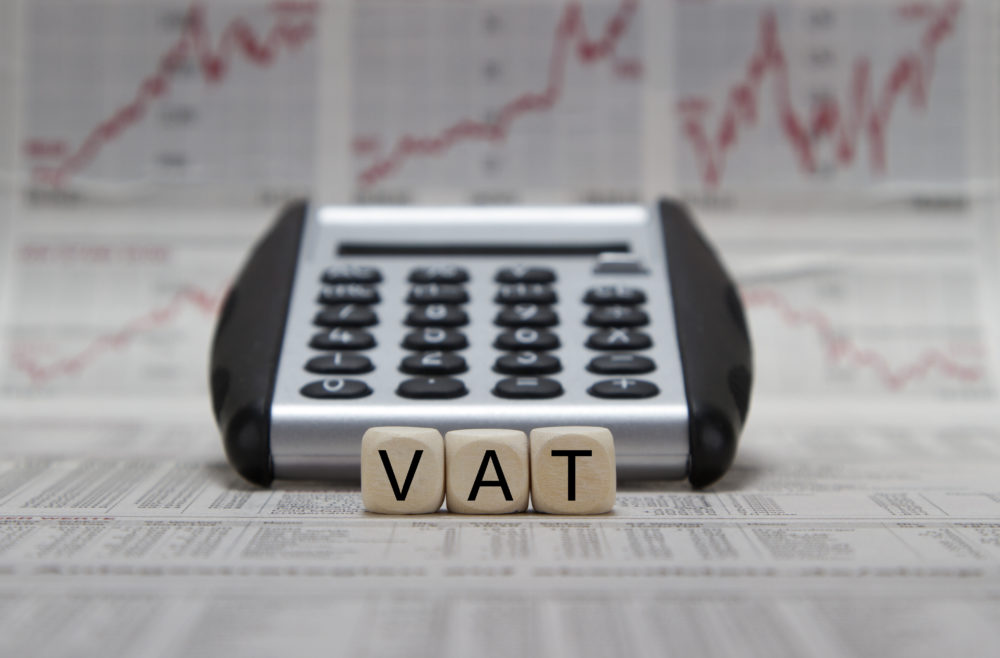The complex nature of VAT can very often feel like entering into a minefield for businesses across a variety of industries. Even something seemingly stress-free like registering your company for VAT can be shrouded in mystery, as many firms do not realise they only are required to register for VAT once their turnover on a 12 months basis exceeds the limit of £85,000 VATable supplies, or if they generate VATable income of £85,000 in one single month.
Alongside this, there are numerous additional, often mind-boggling rules in place that must be followed in order to comply with regulations. For this reason, it is often no surprise that businesses across all sectors bury their head in the sand when it comes to VAT.
However, doing so comes with a price.
In this article, we will take a closer look at the most common issues faced by firms relating to VAT. We will look to offer advice on the most common mistakes, helping you in your quest to make some sense of this complicated area.
Using incorrect rates
A widespread lack of understanding is one of the biggest – if not the biggest – issue faced by businesses when it comes to VAT. Of course, this lack of knowledge is highly likely to lead to issues.
Tamara Habberley, senior VAT consultant at The VAT People advises, ‘If your business is not already registered for VAT, it is vital that you check to find out whether sales have reached the limit of £85,000 in the past 12 months of operations, or whether you expect to make VATable supplies in excess of this limit in a single 30-day period.’
Once sales have reached this taxable limit, businesses are required to register for VAT and submit VAT returns to HMRC, usually every three months although it is possible to opt for either monthly or annual VAT returns in certain circumstances.
In some cases, small businesses may be better off selecting the VAT flat rate scheme, which offers an alternative way for companies to work out how much VAT to pay HMRC every quarter, Habberley adds. This method is designed to take some of the difficulty away from recording sales and purchases and VAT is accounted for to HMRC on a flat rate specific to the trade sector and will be far lower than 20 per cent.
‘It is of little benefit however for businesses that incur little by way of input VAT on the purchase of goods as the flat rate scheme means that such businesses end up accounting for VAT at a rate of 16.5 per cent,’ she says.
It is always forbidden to use the flat rate scheme without agreement from HMRC. Those businesses wanting to take advantage of this need to apply to HMRC to avoid incurring a penalty.
Issues with entertaining
HMRC regulations state that businesses are forbidden from recovering VAT on entertaining anyone other than current employees of the business. This means that claiming VAT on meals or other entertainment costs for clients, subcontractors or suppliers is forbidden.
Entertaining is an incredibly common cost for small businesses, but it is important to be wary of the rules, and not to reclaim on the money that you spend in this area, or it’s likely you will face a loss of VAT plus penalties and interest charges as a result.
Lack of VAT knowhow
Habberley says, ‘Very often, we find that business owners have a great deal of knowledge when it comes to VAT and its associated regulations; however, it is very rare that this is the same individual who is in charge of accounting for VAT within their organisation. A lack of VAT know how can put firms at risk of incurring penalties.
‘Therefore, it is vital to identify exactly who will be the person dealing with VAT from day to day basis and ensuring they have the knowledge and expertise required to ensure the organisation is VAT compliant.’
Many firms assign this responsibility to the financial director and their team, and in others, administrative staff are placed in charge. It is not uncommon for different employees across the organisation to have different approaches or understanding of how VAT operates for specific transactions, coupled with different levels of general VAT knowledge, which can unsurprisingly complicate matters as the director or business owner may assume that VAT is being accounted for in a way that is not in practice used by the business.
Business owners/directors are advised to roll out a standard approach across the firm and check this is actually what happens in practice to promote consistency and prevent fines.
Procrastination is damaging
The end of the financial year is a particularly stressful period, and many businesses feel rushed to complete the necessary procedures. Leaving things until the last minute can cause a number of issues for firms, and so plans should be laid out to avoid this. Sometimes, the VAT threshold may have been exceeded far earlier than a business believes, or a VAT return may be omitted leaving the business vulnerable to penalties.
While the VAT tail should not wag the business dog, VAT needs to be kept in mind and the VAT position constantly reviewed throughout the year and any deadlines that occur during the year need to be adhered to avoid the risk of incurring unnecessary penalties from HMRC. What’s more, considering how VAT impacts in the business on an ongoing basis can help to avoid series issues further down the line.





